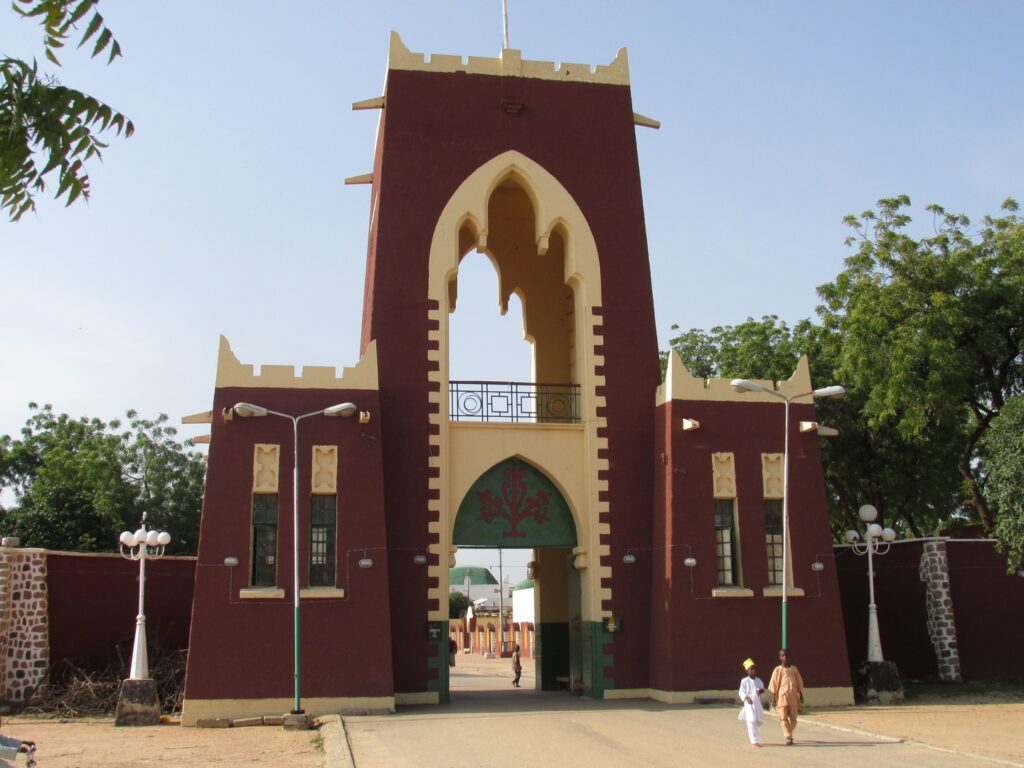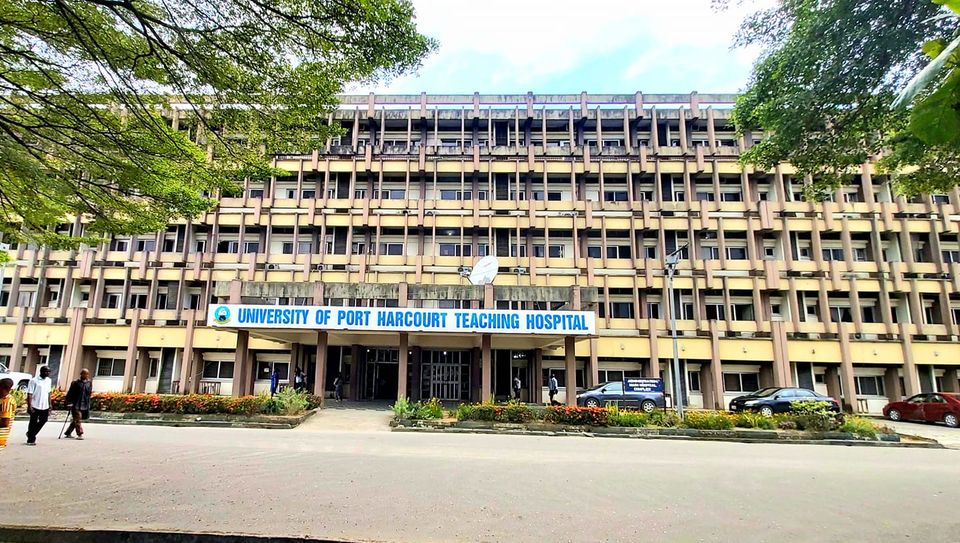
To this end, the Chairman of the bank’s Pensioners Association, Mohammed Bungudu, said its has been given a 21-day ultimatum to pay the outstanding or face the wrath of workers under the aegis of the NLC.
He added: “The Nigeria Union of pensioners has served out a 21 days ultimatum to the management within which to act by attending to the needs of their pensioners or face the wrath of the union.”
Bungudu stressed that the ultimatum became necessary in the wake of breakdown in negotiations over the last one year on the improved welfare package for the pensioners.
The pensioners berated the bank management over the poor welfare package and the nonchalant attitude of the bank towards their plight.
Bungudu highlighted that the bank pensioners get as low as N10, 000 only per month while their counterpart in other banks get 10 times higher.
The branch chairman said other agitations include improved medical allowance, refund of illegal tax deduction as well as refund of contributions to the National Housing Scheme and Jakande building deductions.
He said the pensioners would go all the way to enforce the picketing and also enlist the cooperation of other stakeholders in the task of pushing the bank to do what is right.
He added: “If the management refuse to address these issues in the next 21 days, the pensioners will have no option than to meet force with force with the bank management’’.
Meanwhile, the Permanent Secretary, Federal Ministry of Labour and Productivity, Dr. Clement Illoh has assured trade unions in the country of better days ahead as the Federal Government has adopted policies aimed at enhancing the performance of the informal economy.
The Permanents Secretary, who disclosed this in Abuja at the 3rd Registrar of Trade Unions’ annual workshop which had “current challenges and prospects of trade union administration in Nigeria”, as theme, confirmed that the Ministry is determined to transform the labour sector through professional service delivery of the highest quality and to promote standards that will meet international obligations.
Dr. Illoh explained that the workshop was aimed at creating awareness and sensitizing trade unions on the concepts and challenges of the informal economy.
Speaking on “Combating the challenges of extending Labour protection services to the informal economy: The role of trade unions” Illoh stressed that the topic is apt as the informal economy has become the focus of increasing attention in economic discussions on economic development of nations, particularly that of developing countries.
Dr. Illoh said that available statistics indicate that the informal economy contributes about 60 per cent of the nation’s Gross Domestic Product (GDP) adding that like many other developing countries, the sector is considered crucial to job creation as it accounts for about 90 per cent of jobs in the country.
The Permanent Secretary decried that the sector is often not recognized and protected under existing legal and regulatory framework of government and are therefore characterized by a high degree of vulnerability and poverty, adding that the workers in the informal economy operate under unprotected conditions of employment and frequently under precarious conditions with serious implications on the country’s labour relations practices.
He added: “The deplorable conditions under which workers in the informal economy operate violates the very principle which trade unions strive to uphold and thus the need to extend coverage of labour protection services becomes more compelling than ever before”.
Dr Illoh admitted that though activities in the informal economy are difficult to measure, he pointed out that they are highly dynamic and contribute substantially to the general growth and development of the economy.
He said: “Government is aware of the informal economy’s contribution to economic development in the area of job creation and our current labour administration in Nigeria is committed to ensuring that access to good quality jobs for all workers is the hallmark of its central policy, hence our commitment to the promotion and enforcement of Decent Work Agenda at all work places”.
He enumerated some of the policies adopted by government at various levels aimed at enhancing the performance of the informal sector among others include the Entrepreneurship Development Policy, International Financial Assistance and Monetary policy through Microfinance banks.
Dr. Illoh also stated that government has set up intervention agencies such as Small and Medium Enterprises Development Agency of Nigeria (SMEDAN), National Directorate of Employment (NDE) and a host of others which have over the past decades ameliorate the sufferings of people toiling away in the informal economy, stressing that these policies have to be completed by the efforts of the trade unions.
The Permanent Secretary noted that the informal economy incidentally has continued to expand and has created employment opportunities for millions of workers who lost their jobs due to shrinking nature of the current trends in employment relationship in the formal sector of the economy.
While commending the significant roles being played by stakeholders in the labour circle, particularly the trade unions, in the political and socio-economic development of the country, he expressed optimism that at the end of the workshop, participants would be able to develop strategies for extension of labour services and protection to the workers in the informal sector to enhance increased productivity for national economic development.
He concluded
In her remarks, the representative of the Director-General of the Nigeria Employers’ Consultative Association (NECA), Mrs. Adenike Adebayo-Ajala reminded trade unions, employers of labour and governments at various levels of their important roles in achieving protection for all workers in both the formal and informal sectors of the economy noting that though there are challenges in the effective implementation, it is achievable through respect for law and laid down procedures.










